Data breaches. Those two words can send shivers down anyone’s spine, knowing your personal information might be compromised. While the initial shock fades, a new threat emerges: scammers capitalizing on the breach to target vulnerable individuals. Whether it’s a bank, government agency, or any trusted institution, understanding these potential scams and taking proactive steps is crucial for safeguarding yourself and your finances.
The Scoundrels’ Playbook
Cybercriminals are relentless opportunists. After a major data breach, they unleash a barrage of personalized scams designed to exploit fear and trust. Here are some common tactics to be wary of:
- Phishing Frenzy: Expect a surge in emails, texts, and even social media messages claiming to be from the breached institution or related organizations. These messages might urge you to “verify” your information, click on malicious links, or download harmful software, ultimately aiming to steal your login credentials or financial details.
- Smishing Shenanigans: Similar to phishing emails, scammers may send text messages (smishing) requesting urgent action related to the breach. Remember, legitimate organizations rarely contact you for sensitive information via text.
- Fake Callers on the Prowl: Be wary of unsolicited phone calls claiming to be from the breached institution or credit card companies offering “assistance” with the breach. These calls often aim to gather personal information or direct you to fraudulent websites.
- Identity Theft Impersonation: Scammers may use stolen information to impersonate you and attempt fraudulent activities like opening new accounts, applying for loans, or even contacting your loved ones for money.
- “Fix-It” Frauds: Beware of companies offering paid “data breach protection” or credit monitoring services. Legitimate solutions are often available directly from reputable institutions like banks or credit bureaus.
- Social Media Mayhem: Scammers may exploit social media to spread misinformation or rumors about the breach, creating panic and tricking users into clicking on harmful links or sharing personal information.
Building Your Defense Wall
While the situation may seem daunting, proactive steps can significantly reduce your vulnerability:
- Change Passwords: Immediately update your passwords for all accounts connected to the breached institution, especially banking and financial services. Use strong, unique passwords and consider a password manager.
- Monitor Accounts: Closely monitor your bank statements, credit reports, and online accounts for any suspicious activity. Report any irregularities immediately.
- Beware of Unsolicited Contact: Never share personal information over phone, text, or email unless you initiate the contact and verify the sender’s legitimacy through official channels.
- Enable Two-Factor Authentication (2FA): Add an extra layer of security to your accounts by enabling 2FA wherever possible.
- Stay Informed: Trust official sources from the breached institution, government agencies, and credible news outlets for accurate information and updates about the breach and its implications.
Remember, vigilance is key! By staying informed, practicing caution online, and taking proactive security measureς, you can significantly reduce the risk of falling victim to scams in the wake of any data breach. Protect yourself and your finances – don’t let scammers exploit your vulnerability.














